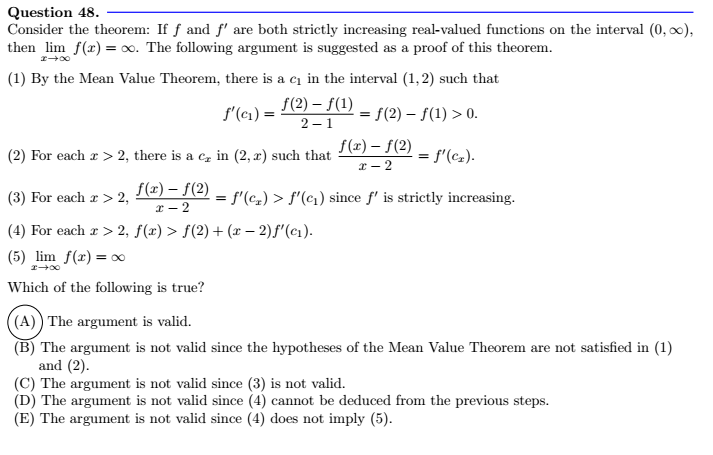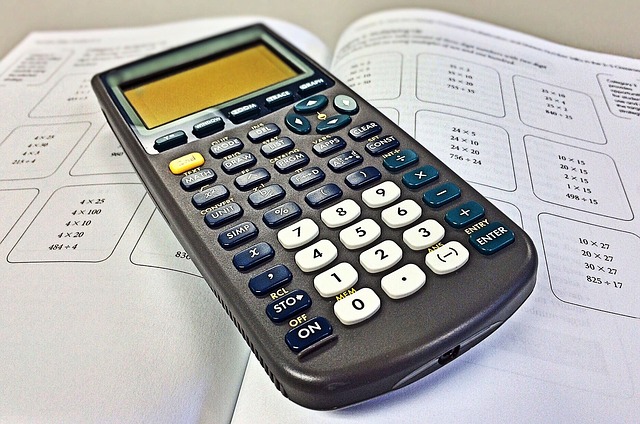The Graduate Record Examinations is a standardized test that many graduate schools in the United States and Canada, as well as several other countries, use to evaluate applicants. The GRE covers verbal reasoning, quantitative reasoning, and analytical writing.
What is GRE: Key Elements and Fine Points
The GRE is offered year-round in most locations around the world, and it can be taken as a computer-delivered or paper-delivered test. The computer-delivered test is administered at testing centers throughout the world on a continuous basis, subject to the availability of appointment times. The paper-delivered test is offered three times a year in October, November, and February at select locations where computer-delivered testing is not available.
To register for the GRE, you will need to create an account on the ETS website and pay a fee. The fee for the computer-delivered test is $205, while the fee for the paper-delivered test is $140. The fee may be higher in some countries, and there are also fees for late registration and changing your test date or test center.
When you register for the GRE, you will need to select a testing window, which is the period of time during which you are eligible to take the test. The testing window is generally four to five weeks long. You will also need to select a test date, which is the specific day within the testing window that you plan to take the test.
You can take the GRE as often as you like, but most graduate schools have a limit on the number of times you can submit your score. For example, Harvard University only considers your highest score, regardless of how many times you take the test. So if you’re not happy with your first score, it’s worth it to retake the test and try to improve your score.

Is GRE Math Hard?
One of the several GRE test components is math. Many students wonder if the GRE math is hard. The answer to this question depends on various factors.
First, it depends on your level of math skills. If you’re good at math and have been taking math courses throughout your undergrad years, then the GRE math shouldn’t be too difficult for you. However, if you’re not confident in your math skills or if you haven’t taken a math course in a while, then the GRE math may be more challenging for you.
Second, it depends on the type of questions that are asked on the test. The GRE math covers a range of topics, including arithmetic, algebra, geometry, and data analysis. The questions on the test can be multiple choice, numeric entry, or grid-in. Grid-in questions require you to solve a problem and write your answer in a grid.
Third, it depends on how much time you have to prepare for the test. If you give yourself enough time to study and practice, then you’ll be more likely to do well on the test. However, if you don’t prepare sufficiently or if you try to cram for the test, then you may find the GRE math more difficult.
In general, the GRE math is not too difficult if you’re good at math and if you prepare adequately for the test. However, it can be challenging if you’re not confident in your math skills or if you don’t have much time to prepare. If you’re worried about the GRE math, then it’s worth it to spend some time studying and practicing so that you can improve your chances of doing well on the test.
What Level of Math is on the GRE?
Almost half the questions on this test will require knowledge of calculus, so if you’re planning to take this exam, be sure to brush up on your skills. Additionally, one-fourth of the queries are based in areas including algebra and number theory. The rest of the GRE math questions are a mix of geometry, trigonometry, and data analysis.

While the test covers a wide range of math topics, it’s important to note that the focus is on reasoning and problem-solving skills rather than on memorizing formulas or solving complex equations. As such, you don’t need to be a math genius to do well on this exam. However, you will need to be able to understand and solve problems quickly and efficiently.
If you’re not confident in your math skills, then it’s worth it to spend some time studying and practicing before taking the GRE.
Is Getting 300 in GRE Hard?
The average score for the GRE is 150–152 per section. So, if you get a 300, that’s considered perfectly average. This package includes 8 practice tests, 60+ online drills, 2500+ practice questions, and interactive and video-based lessons. Such a package can give you a competitive edge and is worth the investment if you’re aiming for a top score.
In short, no, getting 300 on the GRE is not tough. However, it is important to note that the GRE is a challenging exam and requires significant preparation in order to do well. If you’re not confident in your math skills or if you don’t have much time to prepare, then you may find the GRE math more difficult.
Is GRE Math Easier than SAT?
Those students who think that GRE math is hard often wonder what is more difficult: SAT math or GRE math. The answer to this question depends on various factors.
To begin with, your math skills are important. If you are good at math, both the SAT and GRE will be relatively easy for you. However, if you struggle with math, you will find both tests to be quite difficult.
Secondly, the difficulty of the test also depends on how well you prepare for it. If you study hard and use the right resources, the SAT or GRE will be a lot easier for you. On the other hand, if you do not prepare well, the test will be more difficult.

Finally, it is also worth noting that the level of difficulty of the SAT or GRE can vary depending on the specific section of the test. For example, some students find the quantitative section of the GRE to be harder than the verbal section.
In general, the answer to the question “is GRE math hard?” is that it depends on various factors. However, if you are good at math and you prepare well for the test, you will likely find it to be relatively easy.
How Long Should I Study for the GRE?
Preparing for exams is always a difficult and time-consuming task. You have to be very careful about how you prepare for the test and how long you study for the GRE. The amount of time that you need to spend studying for the GRE depends on various factors, such as your math skills, your level of confidence, and how much time you have before the test.
If you’re not confident in your math skills or if you don’t have much time to prepare, then it’s worth it to spend some extra time studying for the GRE. Aim to study for at least 3-4 months before taking the test. This will give you enough time to build up your skills and confidence. On the other hand, if you’re confident in your math skills and you have plenty of time to prepare, you may only need to study for 1-2 months.
In short, the answer to the question “how long should I study for the GRE?” depends on various factors. However, if you’re not confident in your math skills or if you don’t have much time to prepare, it’s best to study for at least 2-4 months before taking the test.
Best Strategies on How to Prepare Yourself for Hard GRE Math Test
Here is an assortment of tips and strategies that can help you overcome the difficulties of GRE math:
- First and foremost, check out all the free resources that are available to you. There are a number of websites that offer free GRE math resources, including practice questions and lessons. Make use of these resources to familiarize yourself with the types of questions that are likely to appear on the test.
- Secondly, invest in a good study guide. This will help you focus your studying and make sure that you cover all the topics that are likely to appear on the test.
- Thirdly, take practice tests under timed conditions. This will help you get used to the time pressure and learn how to manage your time effectively during the actual test.
- Finally, don’t forget to relax and stay calm on test day. The more relaxed you are, the better you will be able to focus on the questions.
By following these tips and strategies, you can overcome the difficulties of GRE math and improve your chances of doing well on the test.
FAQs
How can I raise my GRE math score?
If the math section was hard and you feel like you need to raise your math score, there are a number of ways you can go about it.
You could get a tutor to help you understand the material better and work on your problem-solving skills. There are also plenty of online resources that can help you review for the GRE math section. Finally, make sure to practice as much as possible so that you feel confident and comfortable with the material come test day.
Can I retake just one section of the GRE?
You may retake the GRE and bypass sections you don’t want to do again. However, this is not a good idea. This is due to the fact that schools check the entire GRE score for each exam. So if you retake the math section and get a lower score, your composite score will be lowered as well. We recommend that you retake the entire GRE if you feel you need to improve your score.
Is the GRE math all multiple choice?
There are four types of Quantitative Reasoning questions on the GRE: Quantitative Comparison, Multiple Choice (one answer), Multiple Choice (one or more answers), and Numeric Entry. So, no, not all the math is multiple choice!
Final words
The best way to prepare for the math section of the GRE is to familiarize yourself with the material and practice as much as possible. By using a combination of free online resources and investing in a good study guide, you can feel confident and prepared come test day. And don’t forget, the more relaxed you are on test day, the better you will do!
